India
Active since 1992
The Van Leer Foundation started working in India in 1992. Today we focus on investing in programmes and public spaces that support families in both cities and rural communities, as well as supporting leaders from across sectors throughout the country with learning opportunities about the early years.
India is home to the largest number of children in the world with nearly 138 million children under 5. India’s population is also rapidly urbanising, and projections indicate that the number of families living in cities will nearly double by 2050.

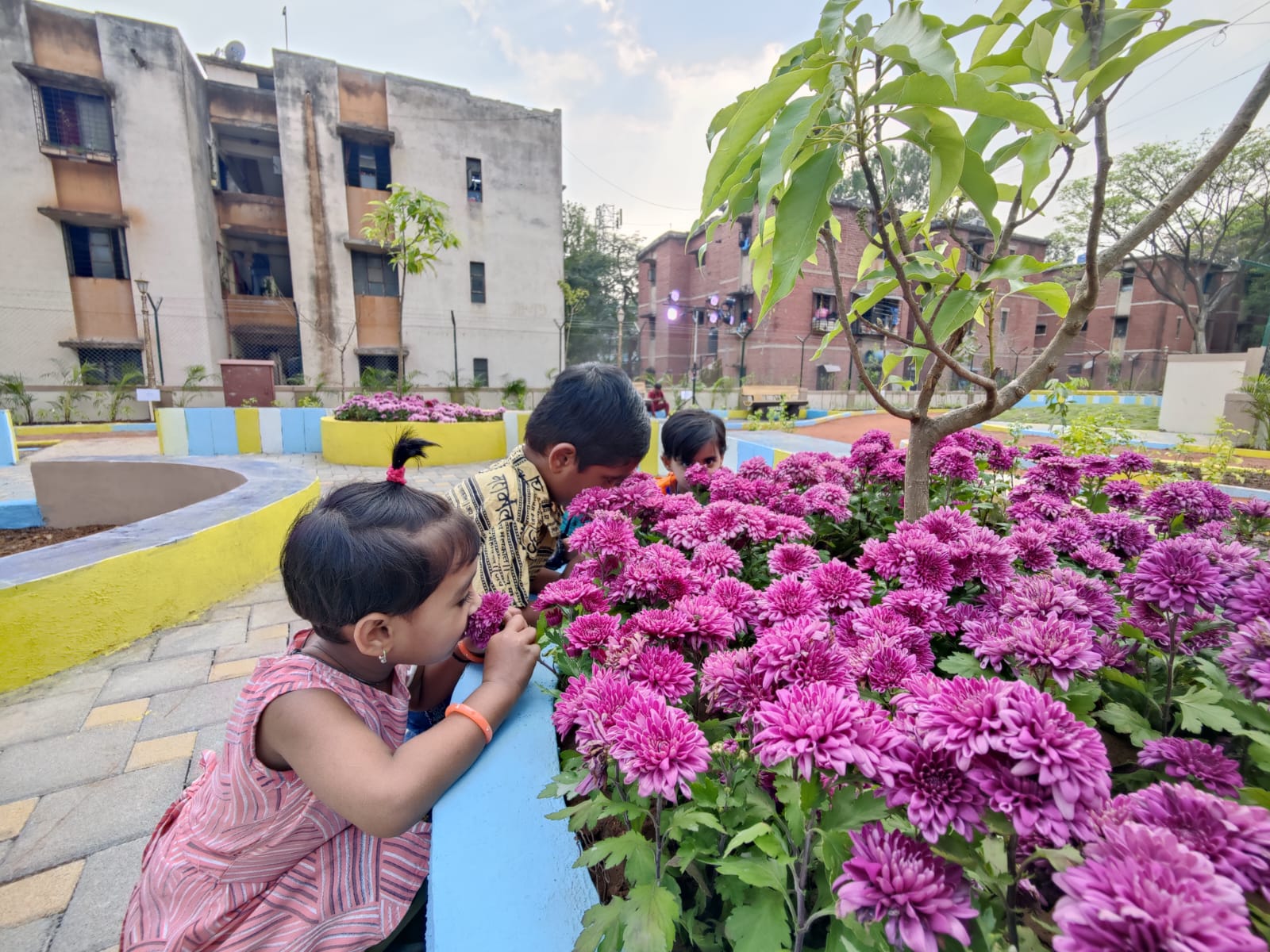
Pune, Udaipur and Bhubaneswar were the first cities in India to implement city-scale Urban95 initiatives with support from our technical partners ICLEI-SA, Ecorys, Egis and IBI. Early successes in these three cities inspired the Nurturing Neighbourhoods Challenge, which has scaled innovative urban early childhood interventions to 10 cities across the country. We are continuing to invest in scaling this approach with our partners: the Smart Cities Mission at the Ministry of Housing and Urban Affairs, and the World Resources Institute.
We also reinforce leadership among urban stakeholders in India through other initiatives. Our partnership with the National Institute of Urban Affairs, a think tank that guides government policy, includes a capacity-building course for municipal staff and urban professionals on city planning from a young child’s perspective.
At the national level, we work closely with the Ministry of Health and Family Welfare and the Aga Khan Foundation to support families during children’s first 1,000 days. We supported the development of a nationwide campaign and parenting app, Paalan1000, to support caregivers in their children’s early years, led and championed by the Ministry of Health and Family Welfare.
In addition, we have partnerships at the state level. In Odisha State, we are collaborating with the Ministry of Women and Child Development and the Charities Aid Foundation to strengthen parenting and parent coaching in the state and scale across all 70,000 anganwadis. Together with NITI Aayog and Vikramshila Education Resource Society, we are including the ‘first 1,000 days’ agenda in the Aspirational Districts programme, which seeks to transform 112 of the most under-developed districts across the country.
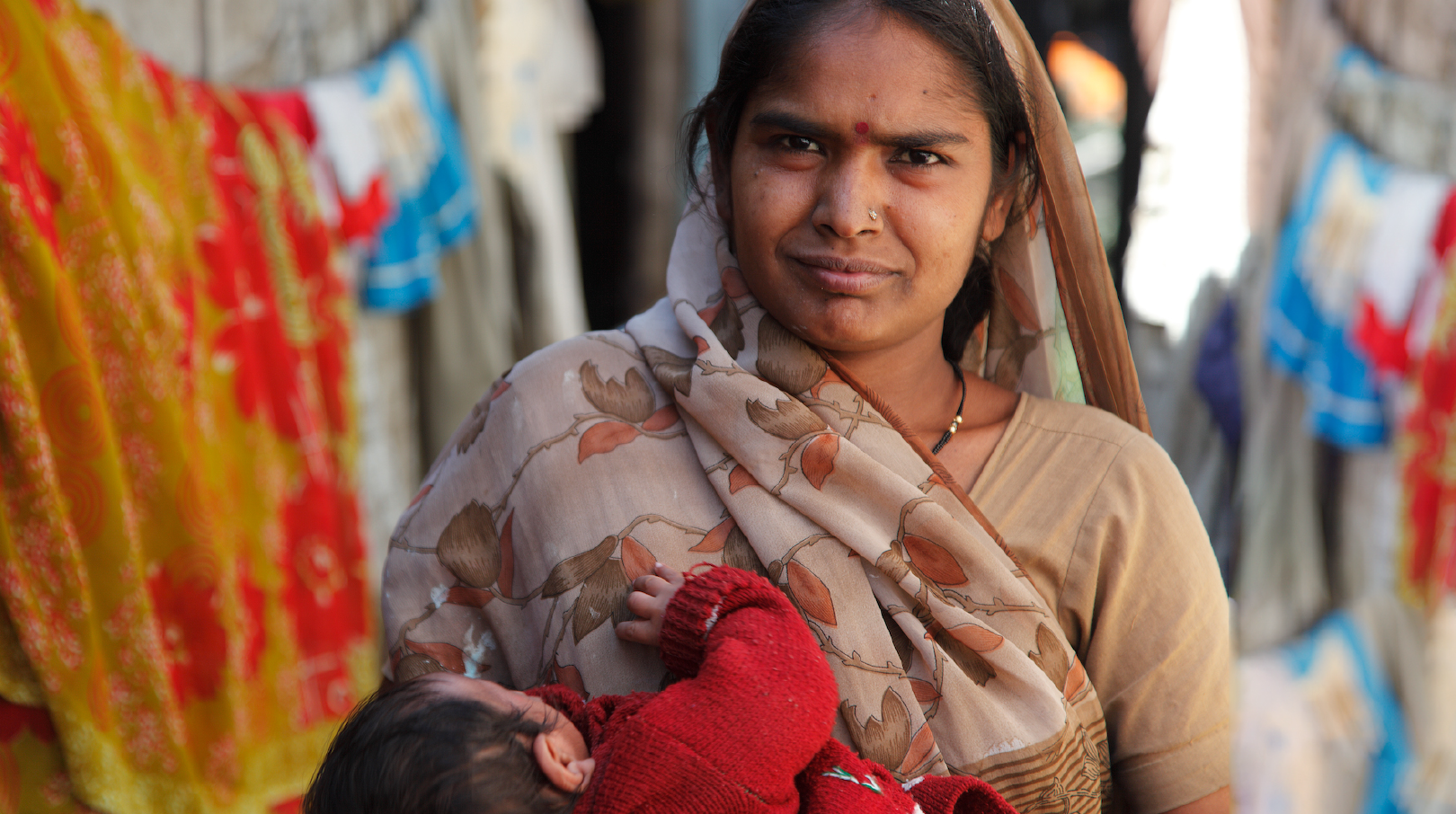 Collection
Infant, Toddler, Caregiver-Friendly Neighbourhood (ITCN) Resources
Collection
Infant, Toddler, Caregiver-Friendly Neighbourhood (ITCN) Resources
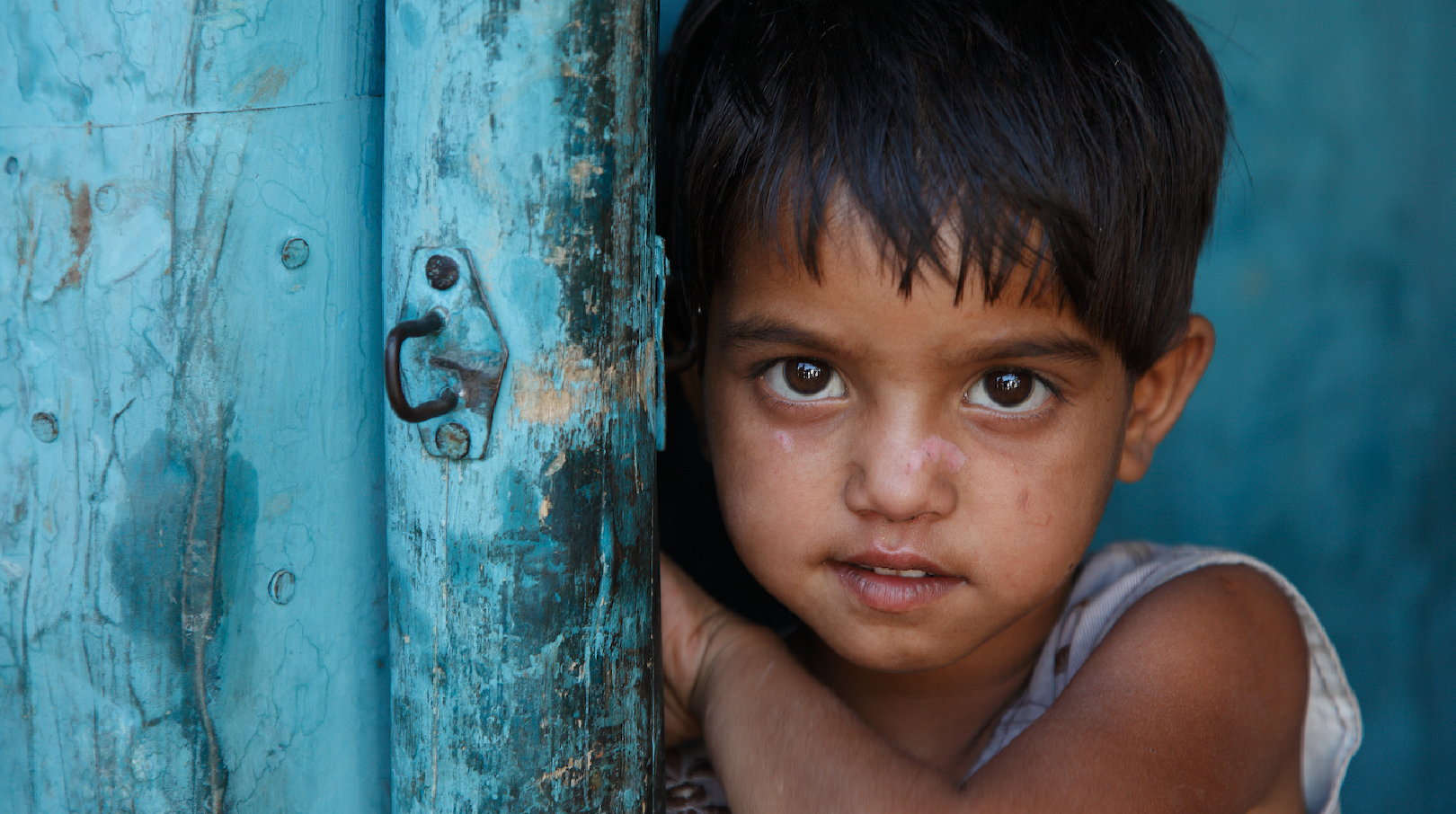 Research report
State of the Young Child in India
Research report
State of the Young Child in India
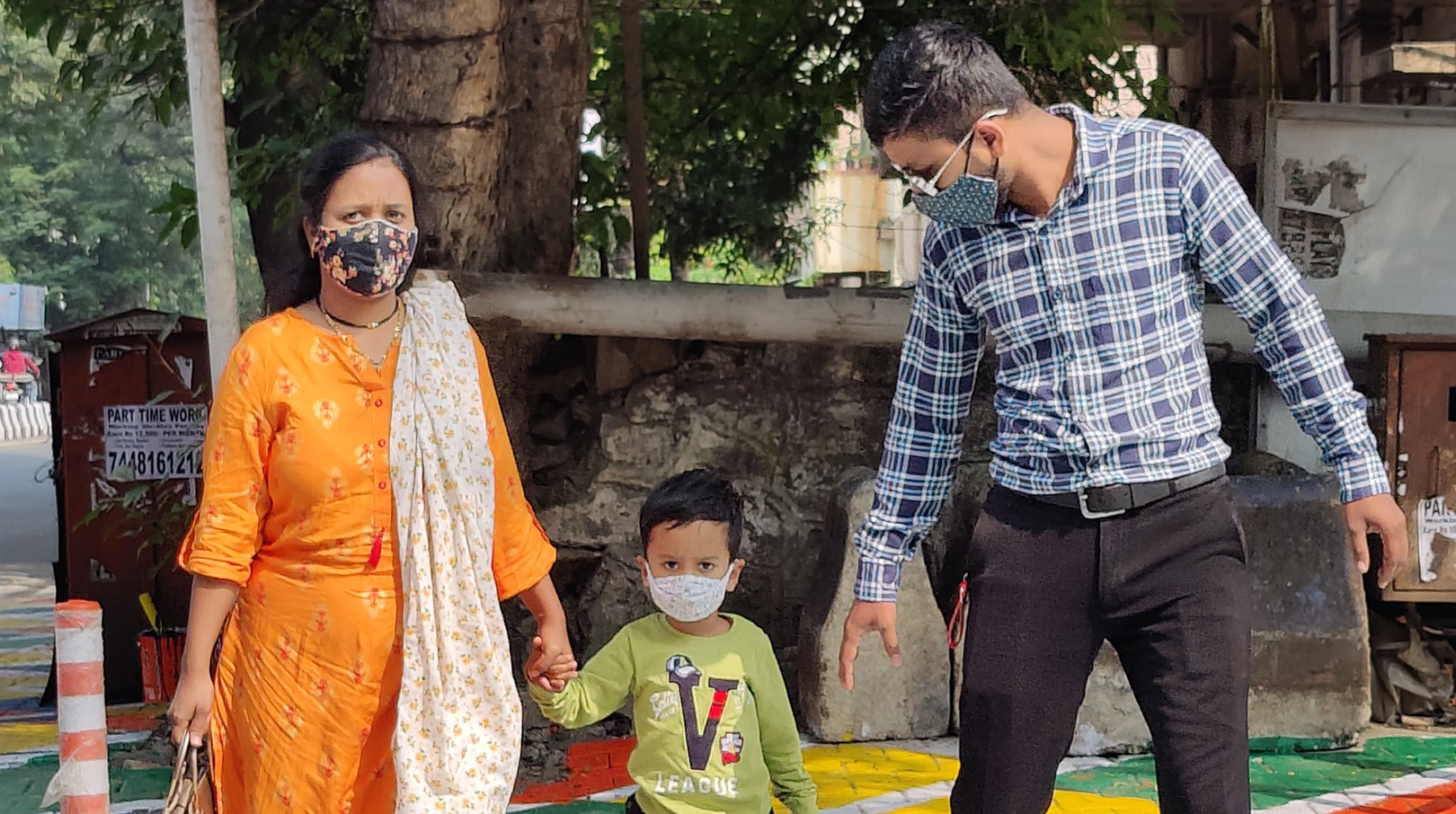 Research report
Evidence-Based Response to ECD During the Covid-19 Crisis in India
Research report
Evidence-Based Response to ECD During the Covid-19 Crisis in India
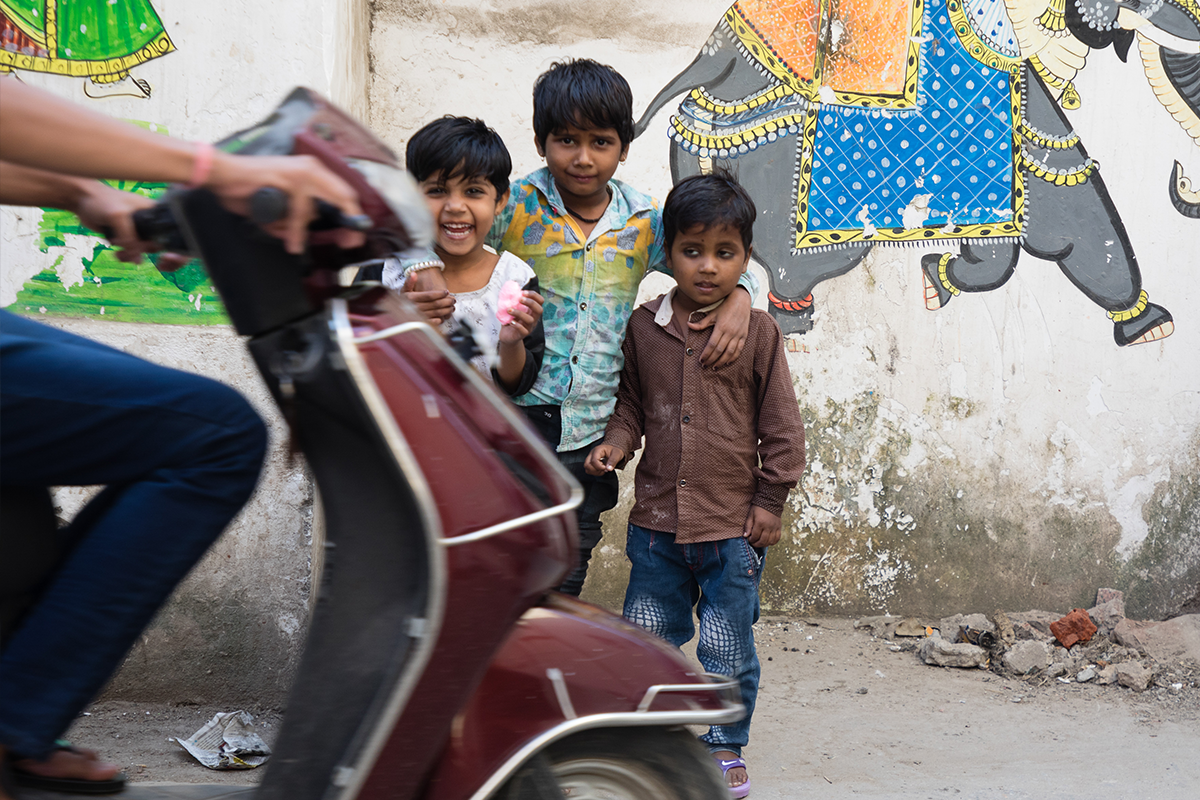 Report
Baseline Analysis of ITC-Friendly Mobility for Pune
Report
Baseline Analysis of ITC-Friendly Mobility for Pune
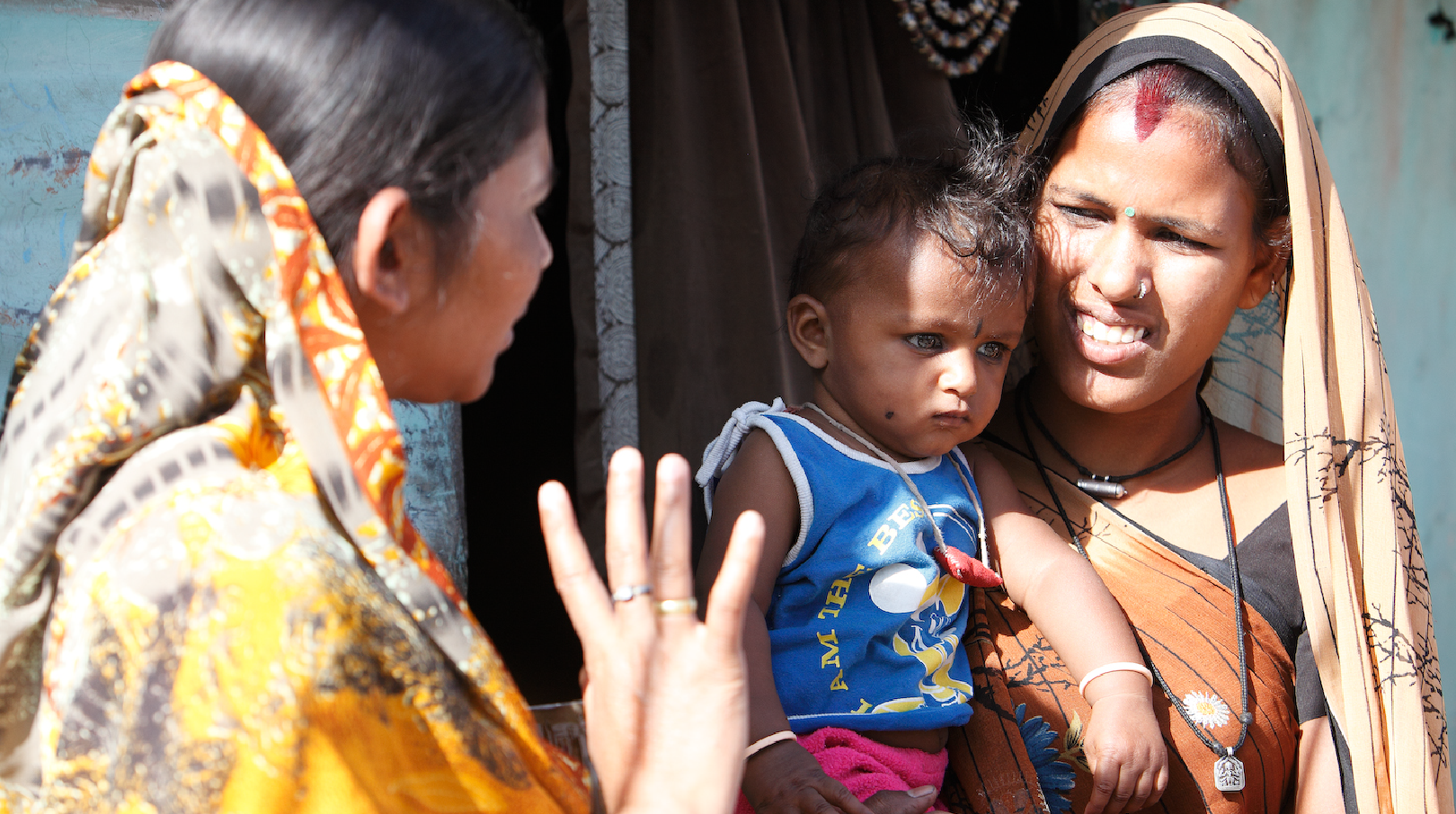 Research report
An Evaluation of Mother Tongue-Based Early Learning and Parents+ Programme
Research report
An Evaluation of Mother Tongue-Based Early Learning and Parents+ Programme
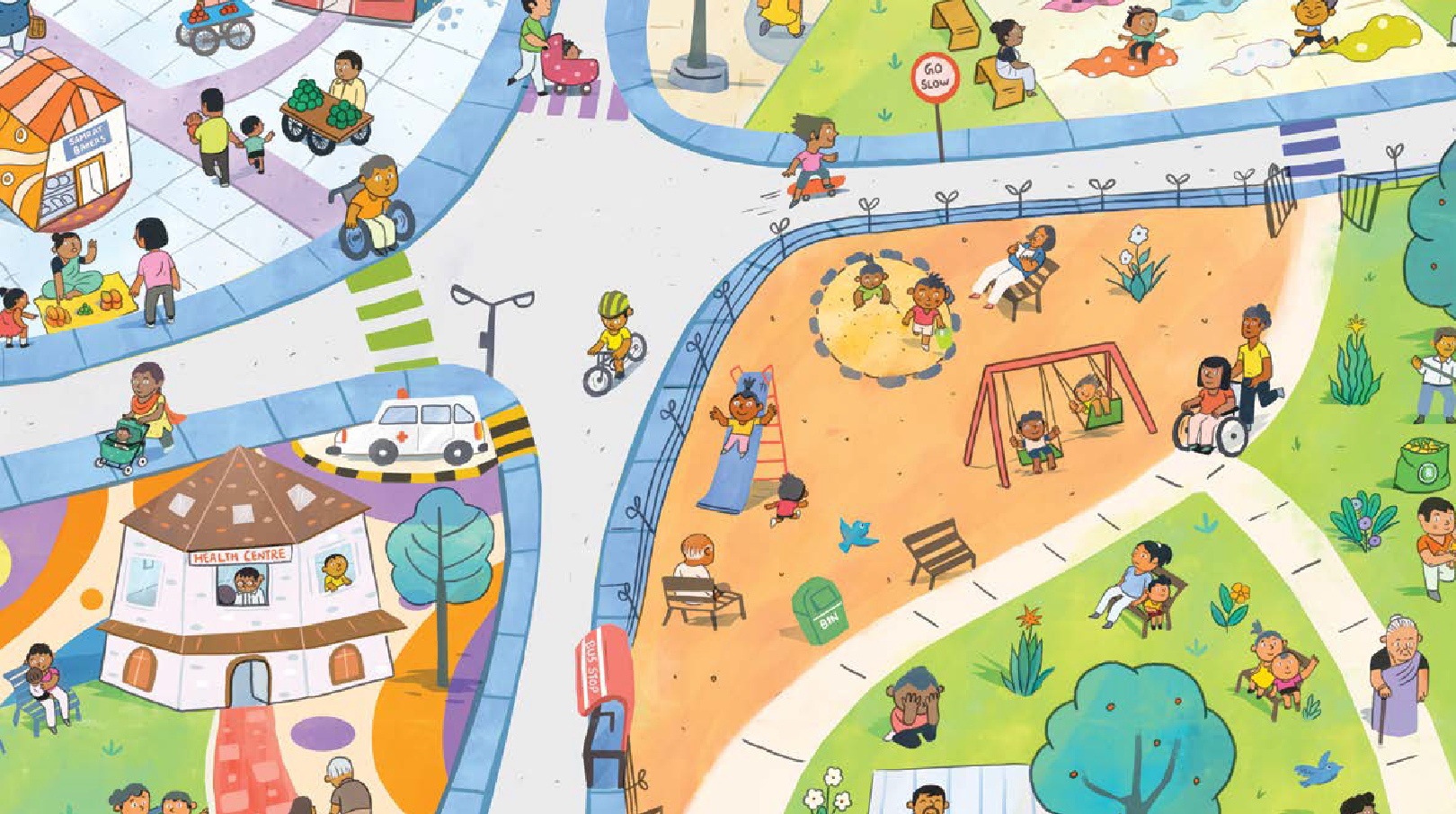 Report
Nurturing Neighbourhoods Challenge: Stories from the Field
Report
Nurturing Neighbourhoods Challenge: Stories from the Field


